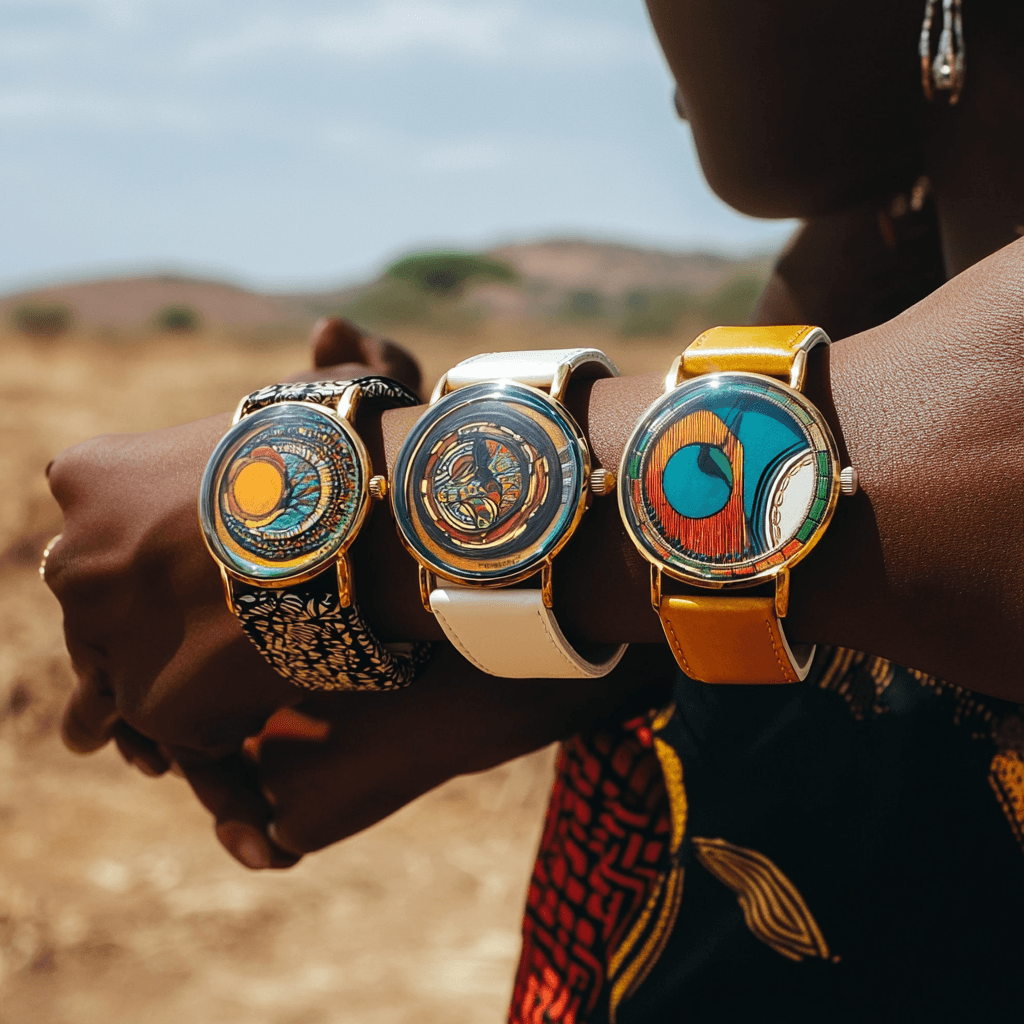
For women in Africa, watches are not just timekeepers—they reflect style, status, and cultural identity. Selecting a watch often involves considering various factors like practicality, fashion trends, and brand reputation. This guide explores the unique preferences shaping how African women choose their watches, blending tradition and modernity in their selections.
1. Cultural Significance and Symbolism
Watches as Status Symbols
In many African cultures, watches symbolize status and success. Women often opt for luxury brands that reflect their achievements and social standing.
- Key Factors: Brand reputation, cultural perceptions of prestige, and social recognition.
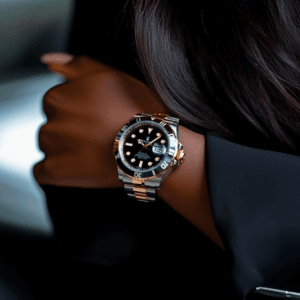
Blending Tradition with Modern Design
African women frequently choose watches that fuse traditional aesthetics with modern functionality, reflecting both heritage and contemporary trends.
- Key Factors: African-inspired designs, balance of tradition and modernity, cultural expression in fashion.
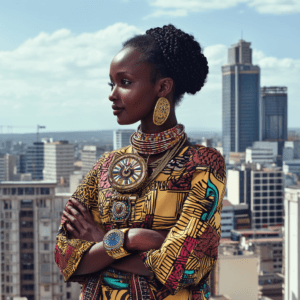
2. Practicality and Functionality
Durability and Resilience
Given Africa’s diverse climates, watches must be durable and resistant to water, dust, and scratches. Robust construction is crucial for everyday use.
- Key Features: Scratch-resistant materials, water resistance, long-lasting quality.
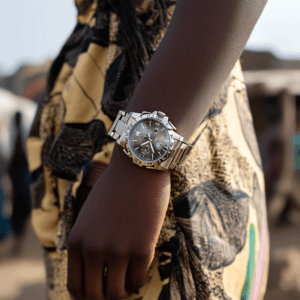
Versatile for Different Occasions
Versatility is essential, with women choosing watches that can seamlessly transition from work to social events or day to night.
- Key Features: Interchangeable straps, neutral designs that match different outfits.
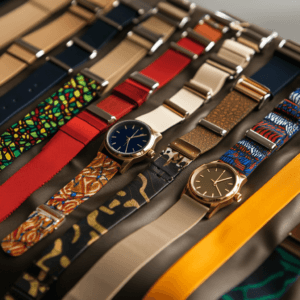
Technological Features
Smartwatches with fitness tracking, health monitoring, and mobile connectivity are increasingly popular among tech-savvy women.
- Key Features: Smart technology integration, health monitoring, mobile compatibility.
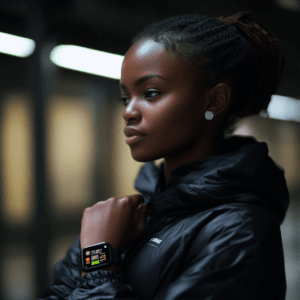
3. Style and Fashion Trends
Global Fashion Influences
Global trends shape watch preferences, with many women looking to celebrities and fashion icons for inspiration.
- Key Features: Minimalist designs, bold colors, trendy materials like rose gold.

Local Fashion Movements
There is a growing interest in watches that celebrate African craftsmanship and local design, expressing cultural pride through fashion.
- Key Features: African motifs, support for local brands, cultural relevance in design.
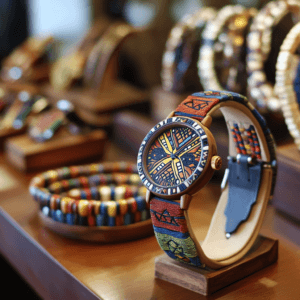
Color and Design Preferences
Vibrant colors reflecting Africa’s rich culture are popular, but elegant minimalist designs are favored for professional settings.
- Key Features: Bold or understated colors, balance between individuality and sophistication.
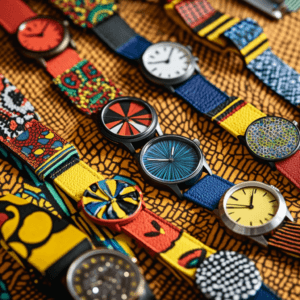
4. Brand Loyalty and Reputation
Trust in Established Brands
African women often favor trusted luxury brands known for their quality and reliability, ensuring long-lasting investments.
- Popular Brands: Rolex, Omega, Cartier.
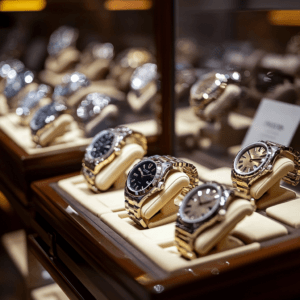
Emerging African Watch Brands
There is increasing support for local African brands that emphasize unique designs, sustainability, and cultural relevance.
- Key Features: African craftsmanship, ethical production, cultural significance.
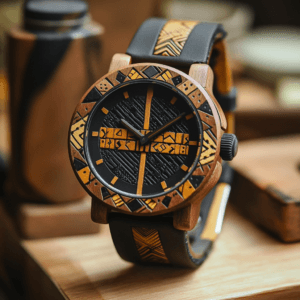
5. Affordability and Value for Money
Balancing Quality and Cost
Women seek watches that offer great value, balancing quality and affordability, especially when buying everyday timepieces.
- Key Factors: Affordability, features, brand recognition.
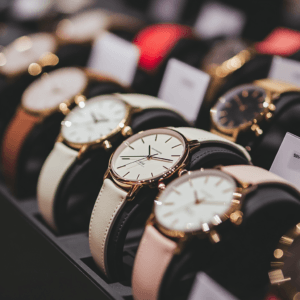
Investment Watches vs. Everyday Choices
Some women invest in timeless luxury watches, while others prefer stylish, affordable pieces for everyday wear.
- Key Factors: Durability, style variety, balance of cost and value.
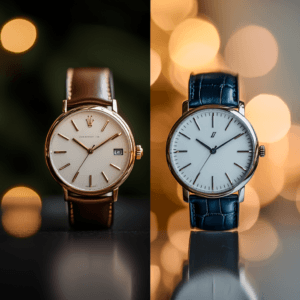
6. Personalization and Customization
Custom Engravings
Personalization through custom engravings adds sentimental value, making the watch a personal, meaningful accessory.
- Key Features: Engraved names, special dates, or inspirational quotes.
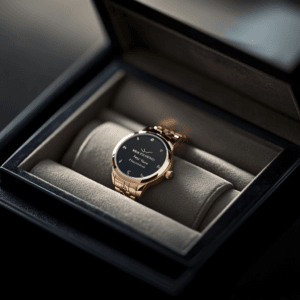
Custom Straps and Faces
Custom straps and faces allow for high degrees of personalization, letting women change the appearance to suit different occasions.
- Key Features: Interchangeable straps, variety of materials and designs.
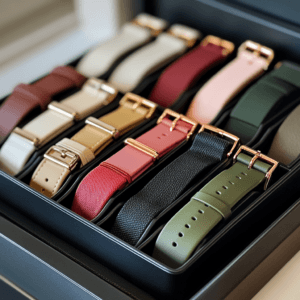
7. Frequently Asked Questions
What are the most popular watch brands among women in Africa?
Popular brands include Rolex, Omega, and Cartier, along with emerging African brands known for cultural relevance.
How important is durability in watch selection for African women?
Very important. Watches need to be durable and resistant to the environmental factors present across the continent.
Are smartwatches popular among women in Africa?
Yes, particularly among younger women who value the health and connectivity features smartwatches offer.
How do cultural factors influence watch choices in Africa?
Cultural heritage and identity play a big role, with women choosing watches that reflect their traditions and status.
What is the role of local African watch brands?
Local brands are gaining popularity for their unique designs and focus on sustainability, appealing to women who value cultural expression and ethical production.
How do women in Africa balance style and affordability in watches?
Many opt for versatile, stylish watches that offer excellent value, balancing affordability with quality and functionality.
Conclusion
For women in Africa, choosing a watch is an expression of personal identity, cultural pride, and practical needs. Whether selecting a luxury timepiece for status or a durable watch for everyday wear, African women value watches that reflect their unique tastes. As fashion trends evolve and sustainability grows in importance, watch preferences in Africa will continue to blend tradition, modernity, and individuality.
Post Comment